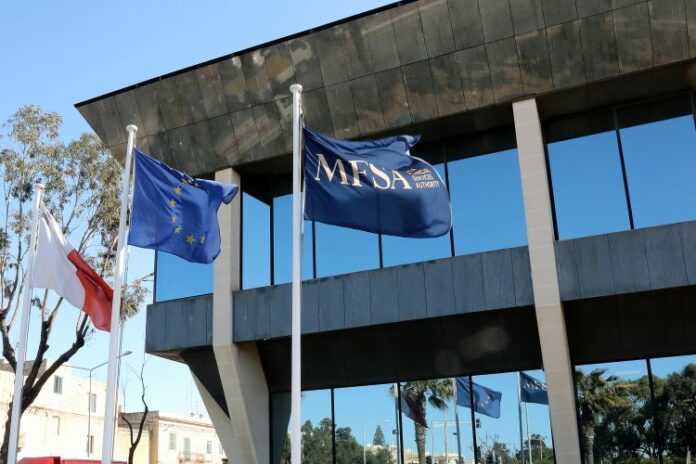As the global economy prepares to embark on a new era, the Government insists that the Maltese economy must be well-equipped to retain its resilience and competitiveness. Thus, it will embark on the drafting of a vision for the Maltese economy for the next 10 years and a strategy will be presented for the next three years. It will also embark on a €400 million, seven-year investment programme aimed at upgrading the industrial infrastructure and create office space for new business models.
Sustaining small businesses will continue to be a priority and a study will be conducted to identify the e-Commerce requirements of small and medium enterprises.
The Government is planning to have in a place a framework designed to make Malta the natural choice for start-ups eyeing Europe.
According to the strategy, now is the time to go for a circular economy by seeking circular consumption and production patterns, exploring waste prevention and management, ensuring the responsible re-use of resources and enhancing Green public procurement to safeguard the environment.
The Government feels the need to re-engineer public procurement whereby the Department of Contracts will regulate public procurement and set the standards while ministries and entities apply the regulations and policies along the procurement cycle.
In its efforts to attract new investment, the Government aims to continue exploring new investment opportunities.
Noting that Air Malta proved its worth during the recent challenging times and pointing out that bold decisions had to be taken for its long-term sustainability, the Government says it aims to strengthen the national airline so it will be able to compete in this new era. Air Malta, it explains, will be investing in new emergent technologies aimed at bringing about a closer relation with the customers and placing itself at the forefront on the use of technology.
On tourism, which is going through a very bad time due to the problems brought about by the pandemic, the document says the plan is to minimise the recovery period as much as possible with the aim of returning to the 2019 levels as quickly as possible. For 2021, the Government is planning to implement more measures aimed at stimulating tourism growth, also by restoring air connectivity to pre-COVID-19 levels by enticing airlines to establish routes to and from Malta. Initiatives will also be implemented to entice more consumers to regain the confidence to travel to the island. The clampdown on unlicensed tourist accommodation will be intensified. Seasonality issues will be addressed.
Turning to the construction industry, the document says that more changes will be made to raise standards. The Building and Construction Authority will be set up and the necessary laws enacted.
Another area of the economy raised in the Pre-Budget Document is the agriculture and fisheries sector and the Government is pledging to continue steering it into a more sustainable direction by providing the means along which it can develop and flourish. With a policy vision centred on increasing competitiveness, the Government says it will retain its drive to strengthen its regulatory and supervisory authorities.
As part of its efforts to continue sustaining the various economic sectors, the Government promises that animal rights and welfare will remain high on its agenda. A new policy for the cultural sector is expected next year and the extensive programme of restoration projects will continue in several areas on the island.





